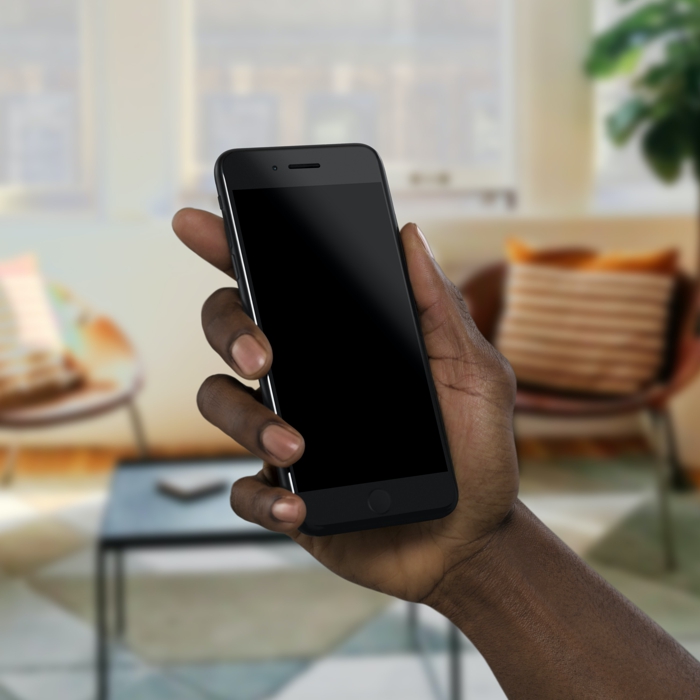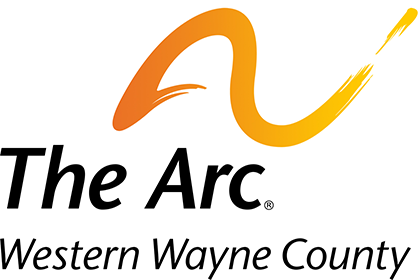Helpline Resource
Online and Automated Telephone Service
Panic Disorders in Children
Panic disorder is a common and treatable disorder. Children and adolescents with panic disorder have unexpected and repeated periods of intense fear or discomfort, along with other symptoms such as a racing heartbeat or feeling short of breath. These periods are called panic attacks and can last minutes to hours. Panic attacks frequently develop without warning. Symptoms may include; intense fearfulness; a sense that something is about to happen; racing or pounding heartbeat; dizziness or lightheadedness, shortness of breath or a feeling of smothering; trembling or shaking; and a fear of dying, losing control or going crazy.
More than 3 million Americans will experience a panic disorder during their lifetime. Panic disorder often begins during adolescence, although it may start during childhood, and sometimes runs in families. If not recognized and treated, panic disorder and its complications can be devastating. Children with panic disorder may begin to feel anxious most of the time, even when they are not having panic attacks. Some begin to avoid situations where they fear a panic attack may occur, or situations where help may not be available. This pattern of avoiding situations is called agoraphobia. Some children and adolescents with panic disorder can develop severe depression and may be at risk of suicidal behavior. As an attempt to decrease anxiety, some adolescents with panic disorder will use alcohol or drugs.
Several types of treatment are effective. Specific medications may stop panic attacks. Psychotherapy may also help the child and family learn ways to reduce stress or conflict that could otherwise cause a panic attack. Many children and adolescents respond well to the combination of medication and psychotherapy. With treatment, the panic attacks can usually be stopped.
If you would like more information, contact the National Institute of Mental Health Panic Campaign at 866-615-6464, or visit them online at NIMH » Home (nih.gov)
Phone code: 1730


